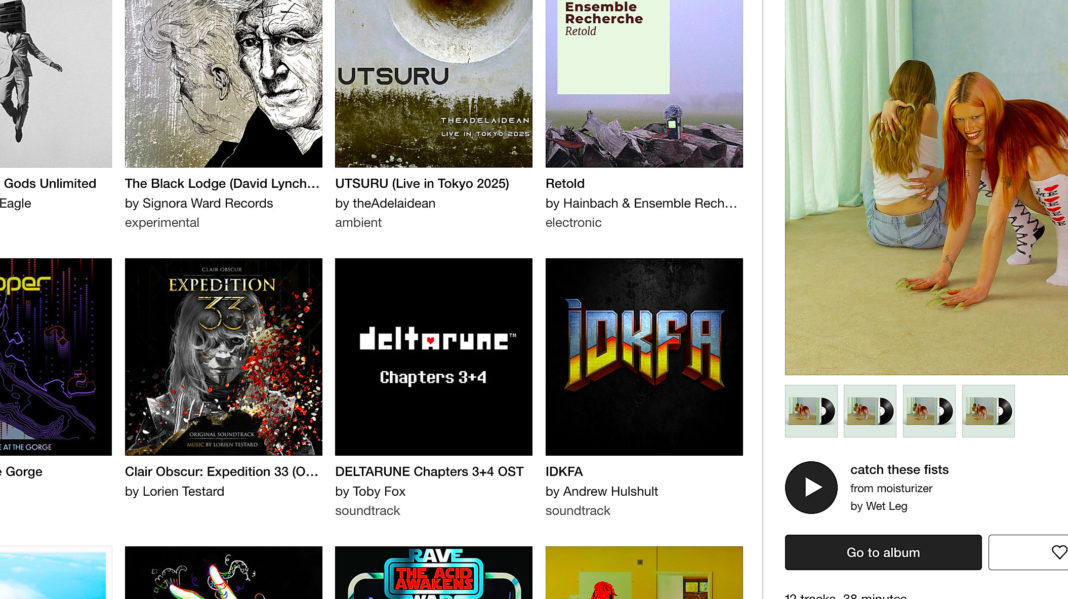Discovering Fresh Sounds: Why This Streaming Platform Is a Game Changer
I was weary of the same repetitive songs on algorithm-driven playlists. Then I found Bandcamp, a haven for music enthusiasts seeking unique sounds, diverse genres, and fresh discoveries beyond the mainstream.
Unearthing Music You Won’t Find Anywhere Else
I appreciate Spotify’s vast library; however, its curated playlists often fall short. My experience with other major platforms—Spotify, Apple Music, Qobuz, and Amazon Music—revealed a similar pattern: a focus on major-label artists and predictable choices for music discovery.
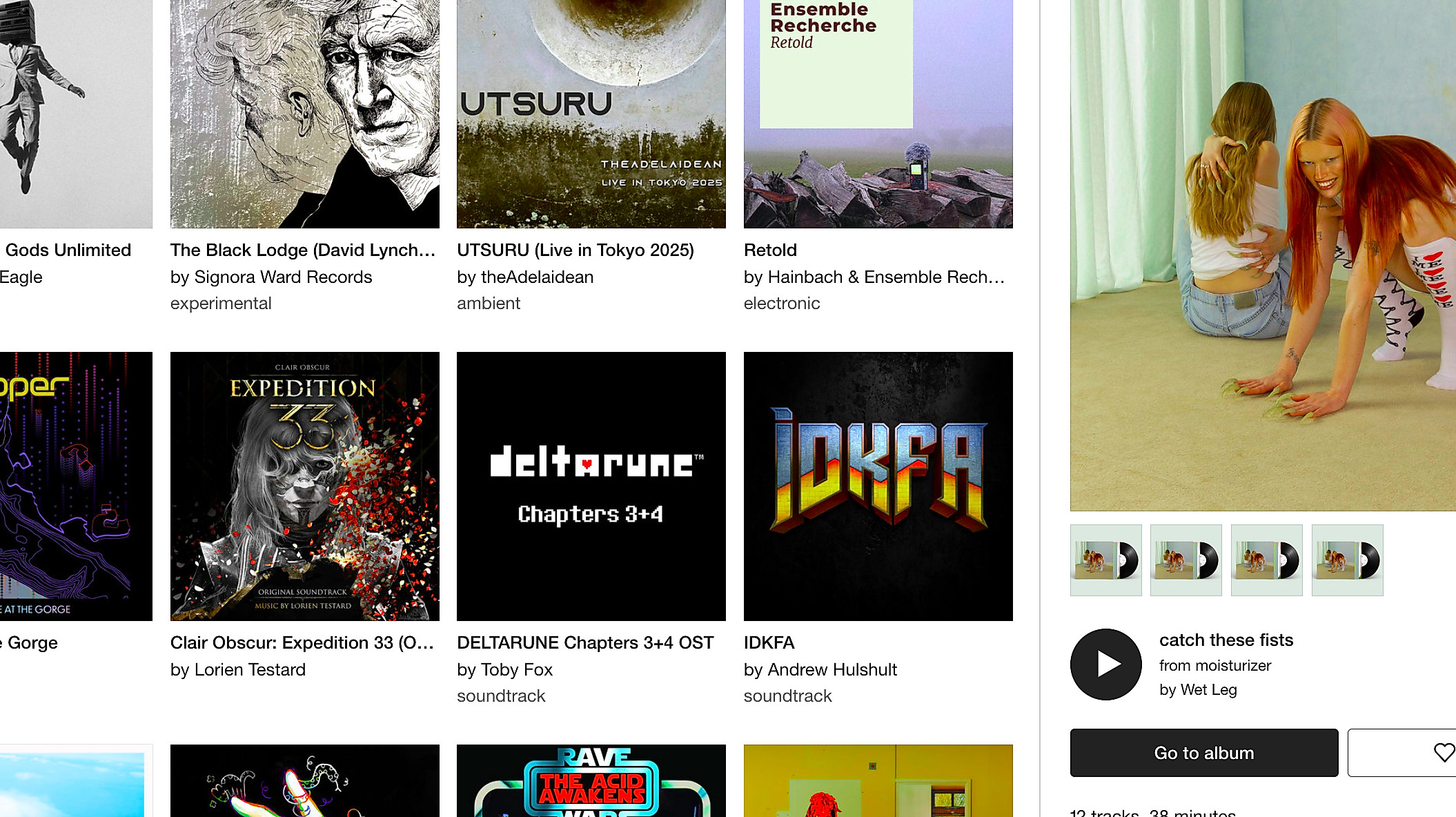
Bandcamp’s unfiltered catalog stands out because anyone can upload their music, giving artists complete control over their music’s presentation and sales. This enables discovery of music beyond commercial constraints, free from algorithmic or label influence. Since discovering Bandcamp, I’ve found fantastic artists and bands, like Samara Joy and Wet Leg, and explored new genres such as reggaeton, and cool remixers like Munick Disko.
Bandcamp: Prioritizing Artist Support
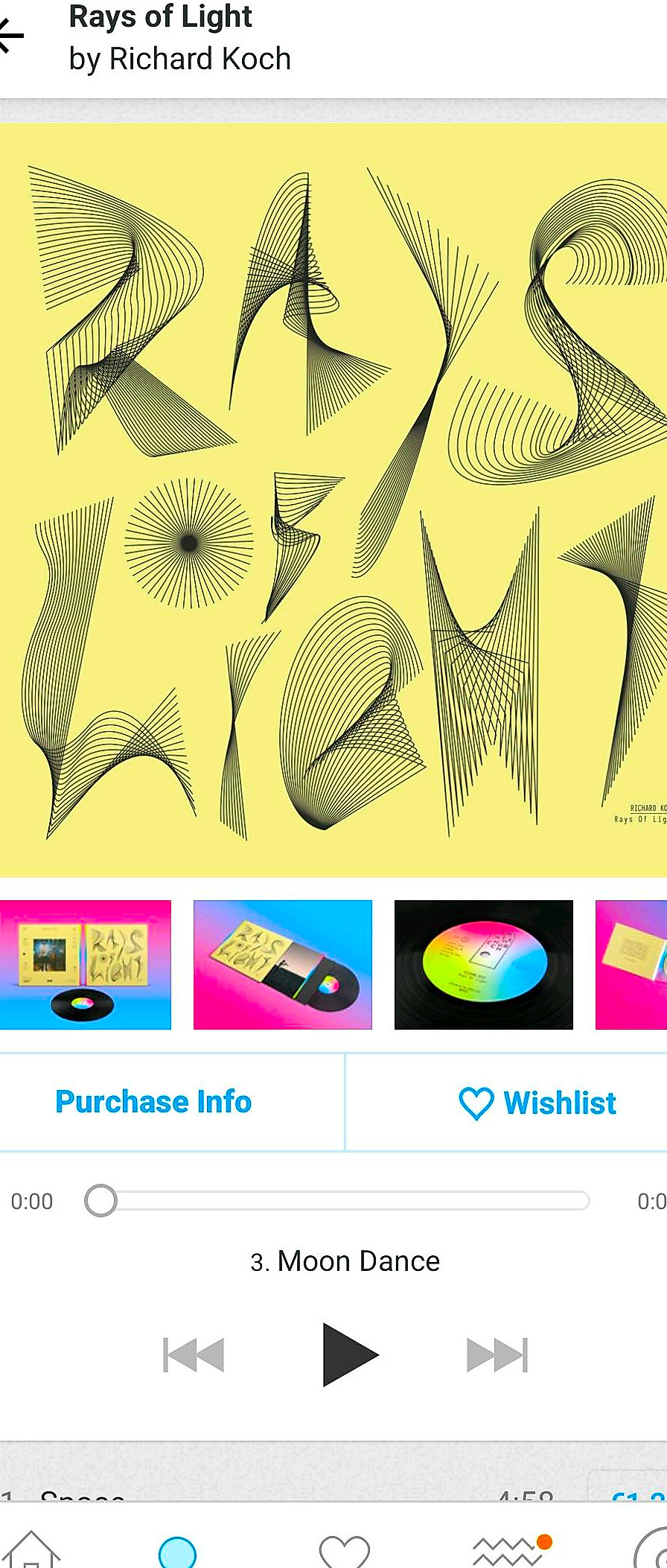
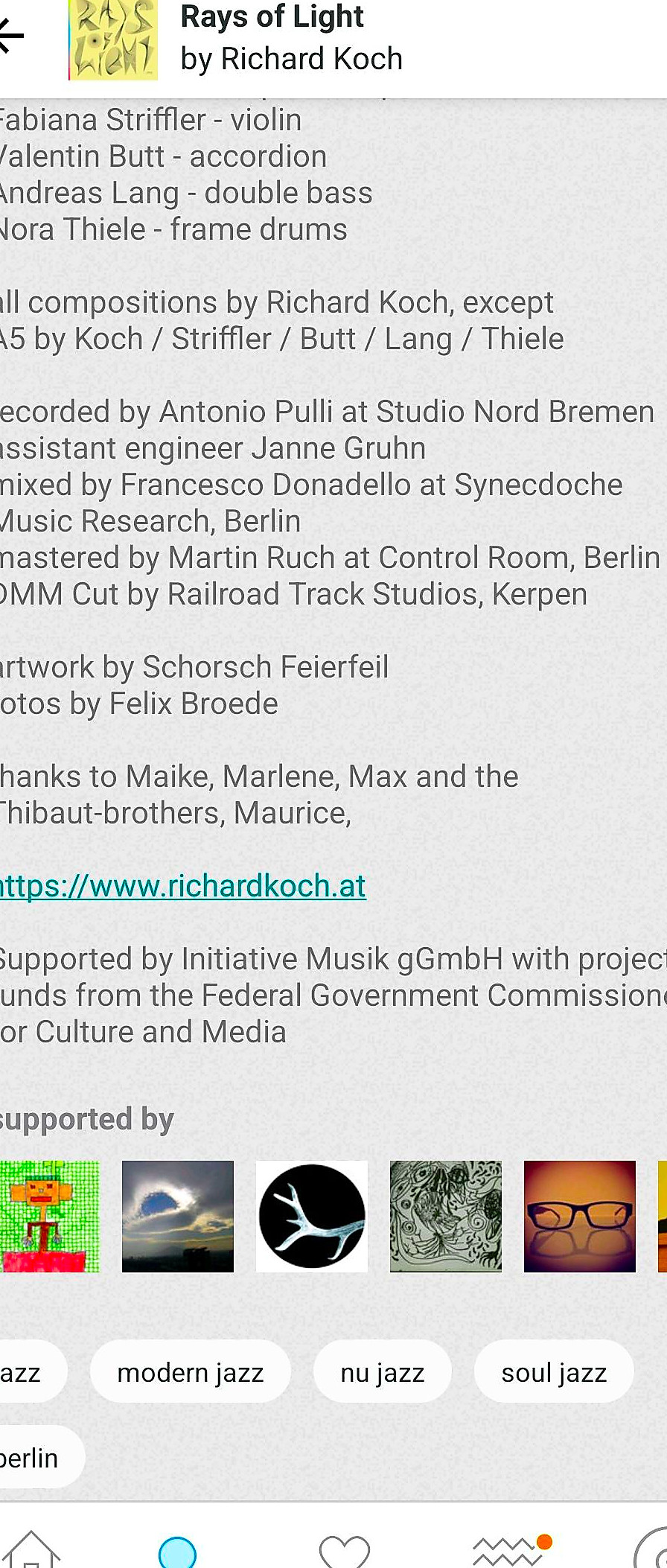
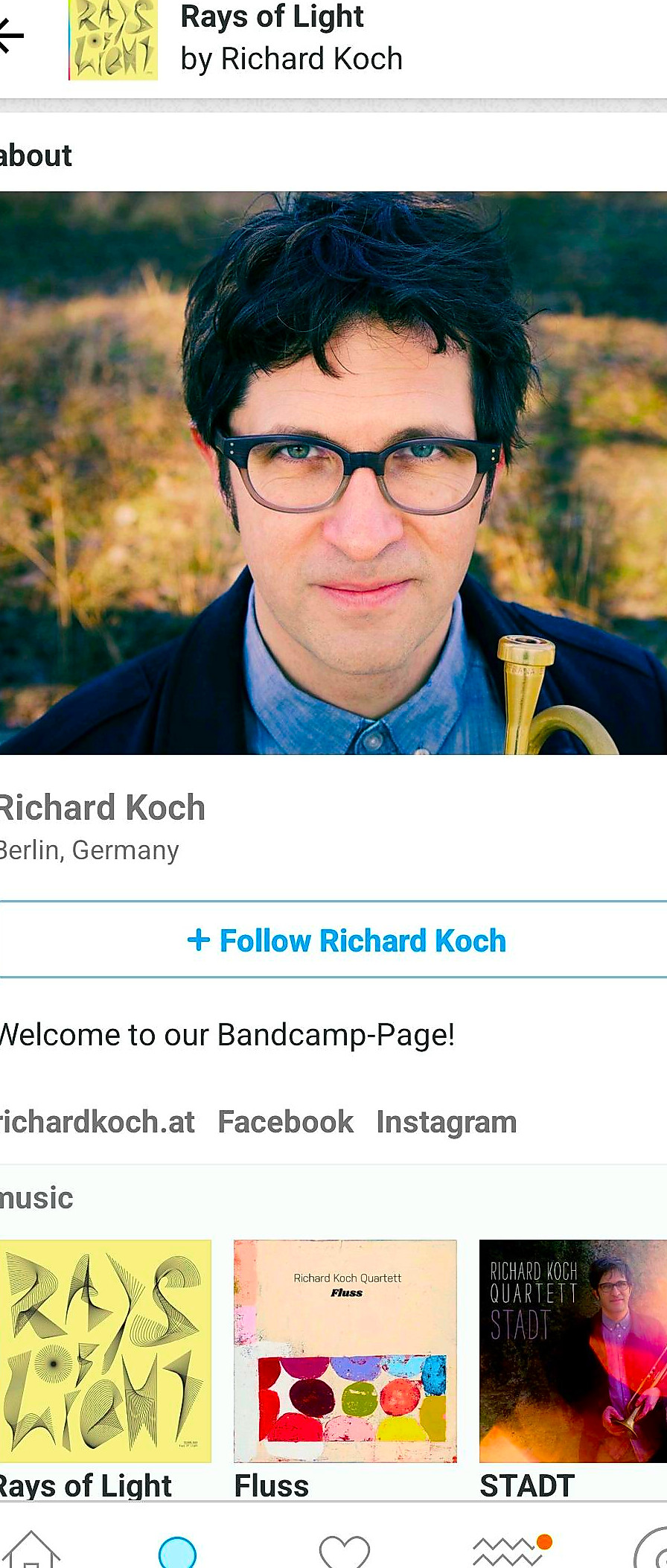
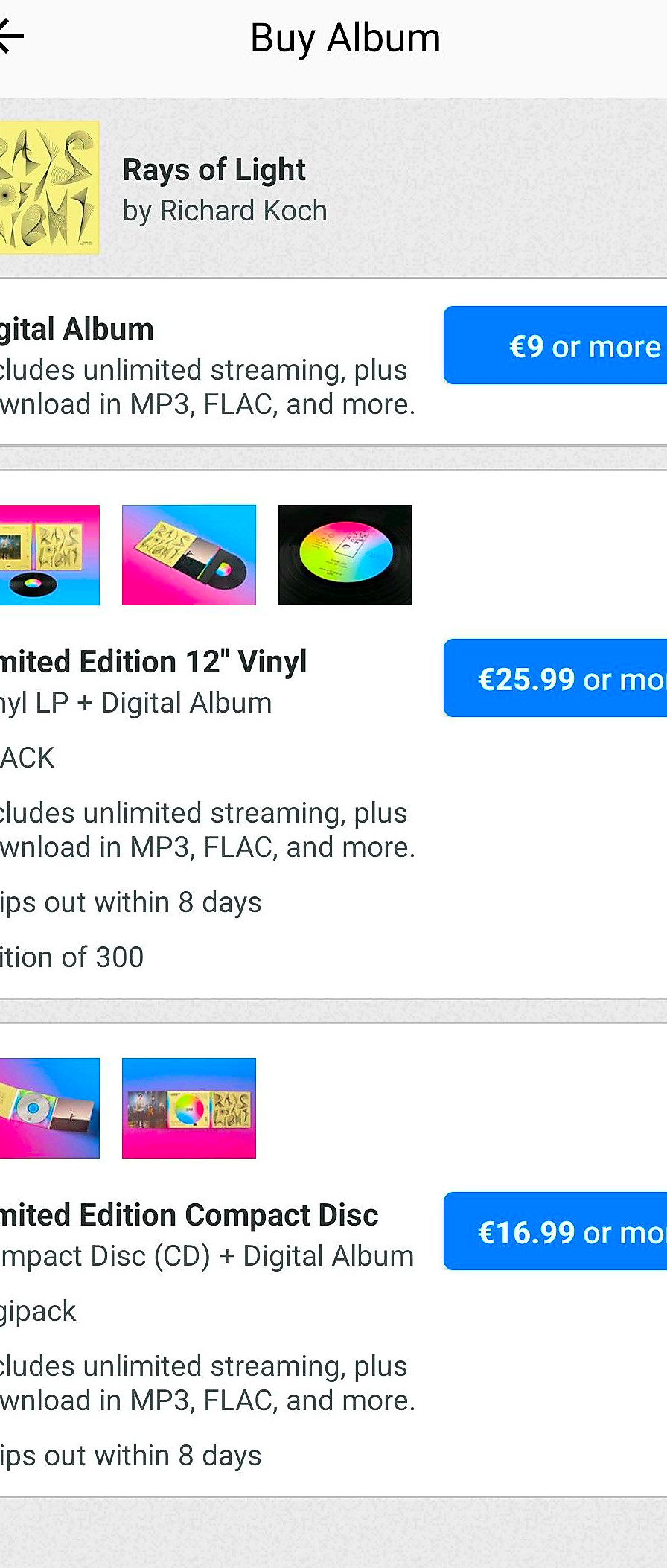
As a former musician (and current hobbyist guitarist), fair artist compensation is crucial. Streaming platforms are known for underpaying musicians, while physical media production costs are minimal. This makes it challenging for artists to thrive, ultimately harming the industry’s diversity. In contrast, Bandcamp’s artist-centric model allows musicians to sell music and merchandise directly, earning approximately 82% of each sale, totaling over $1.5 billion paid to artists. Their monthly “Bandcamp Friday” dedicates all sales proceeds directly to artists.
This direct consumer-artist relationship makes every purchase meaningful, knowing that a large corporation isn’t taking the majority of the profits.
Thoughtful Curated Collections
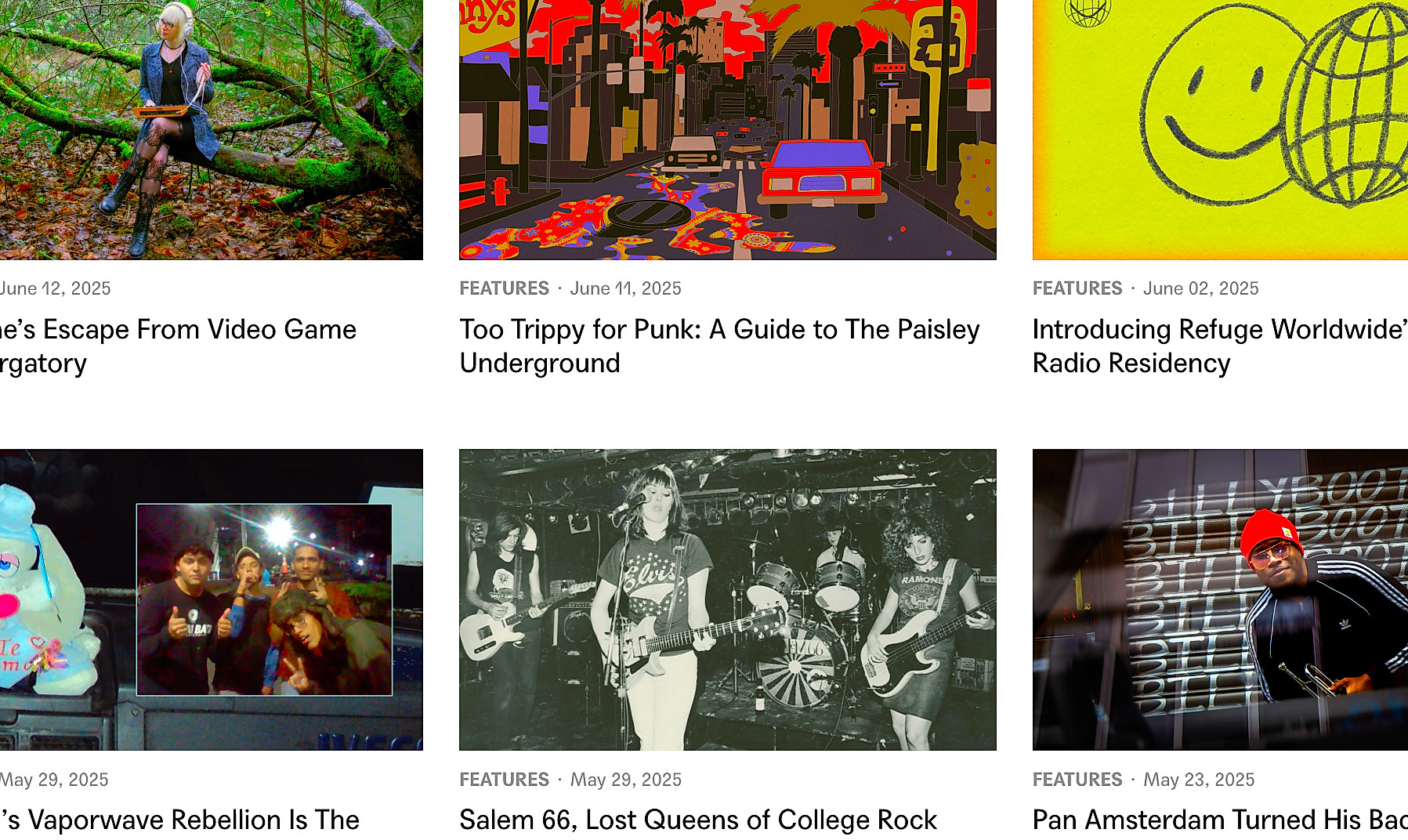
While Bandcamp’s quality control isn’t perfect—a consequence of its open nature—the Bandcamp Daily team expertly showcases the platform’s best offerings through detailed features, artist spotlights, and genre explorations. Their music knowledge and user understanding are evident. Bandcamp’s lists are particularly helpful in discovering new genres, offering comprehensive and insightful presentations. This approach to music discovery feels like a collaborative conversation, not a sales pitch, broadening my musical horizons.
Bandcamp’s Crucial Role in Today’s Music Landscape
The music industry is increasingly dominated by a few major players (Universal Music Group, Sony Music Entertainment, and Warner Music Group), controlling music promotion and consumption. Independent artists urgently need alternative platforms. The convenience of mainstream services comes at a cost: homogenization. Algorithms push similar-sounding songs, leading to predictable and formulaic music and hindering emerging artists. The rise of AI exacerbates these issues.
Bandcamp counters this trend with a decentralized approach to music discovery, offering a refreshing alternative to algorithmic and market-driven limitations. It’s a sanctuary where I don’t feel like a target for marketing.
Bandcamp: A Community Prioritizing Music Over Algorithms
Bandcamp’s community is a key asset. Musicians are more than content providers; they’re shop owners with individual storefronts, profiles, and promotional tools. Fans can directly support their favorite artists and tracks through sharing and recommendations.
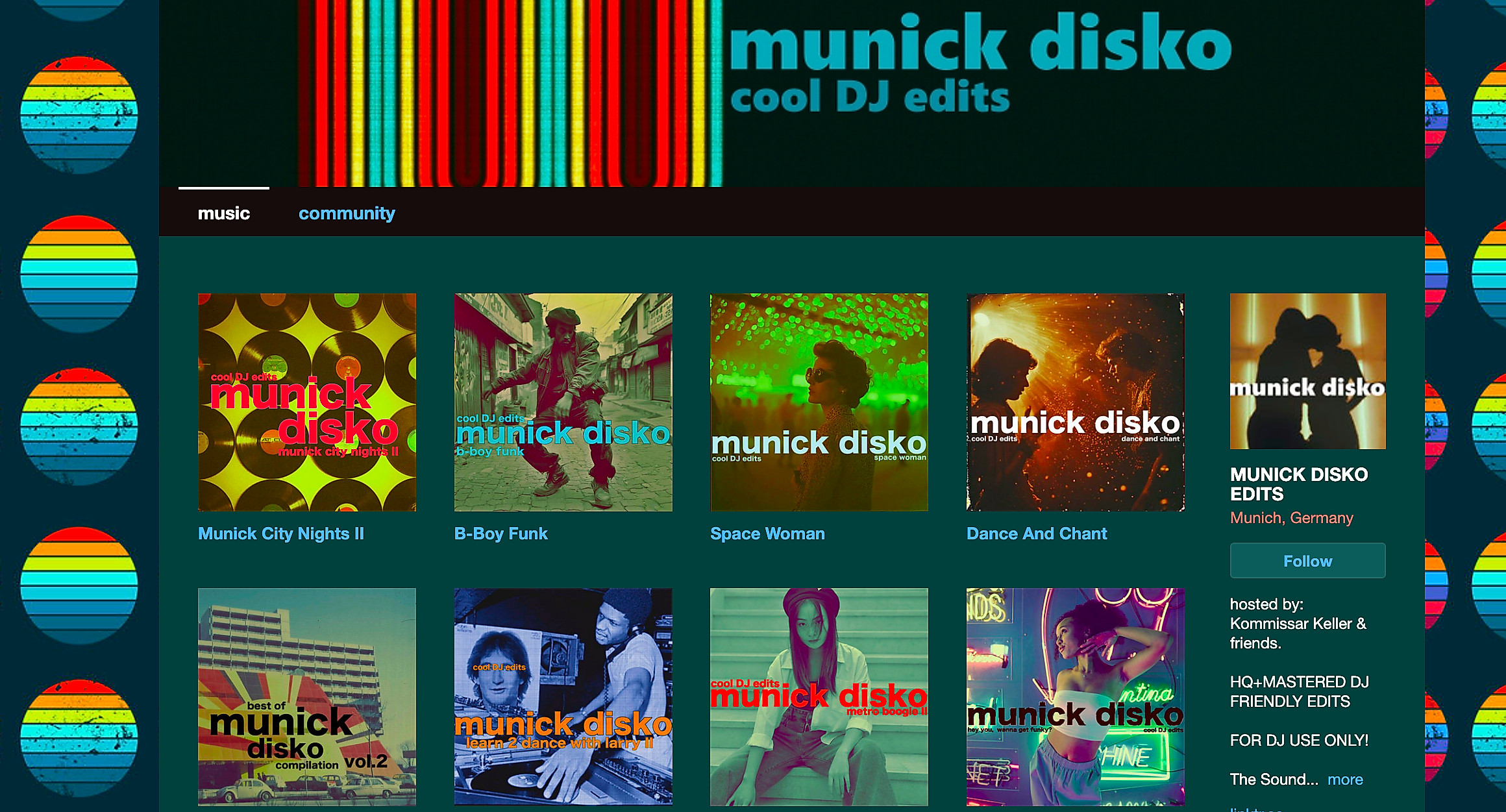
Bandcamp fosters mutual respect and appreciation between artists and fans. This platform nurtures a healthy dynamic, valuing both parties without exploitation. In a world where music is often treated as a commodity, Bandcamp prioritizes originality, global appeal, and collaboration. If your current music recommendations feel stale, try Bandcamp; you may find it equally inspiring.
